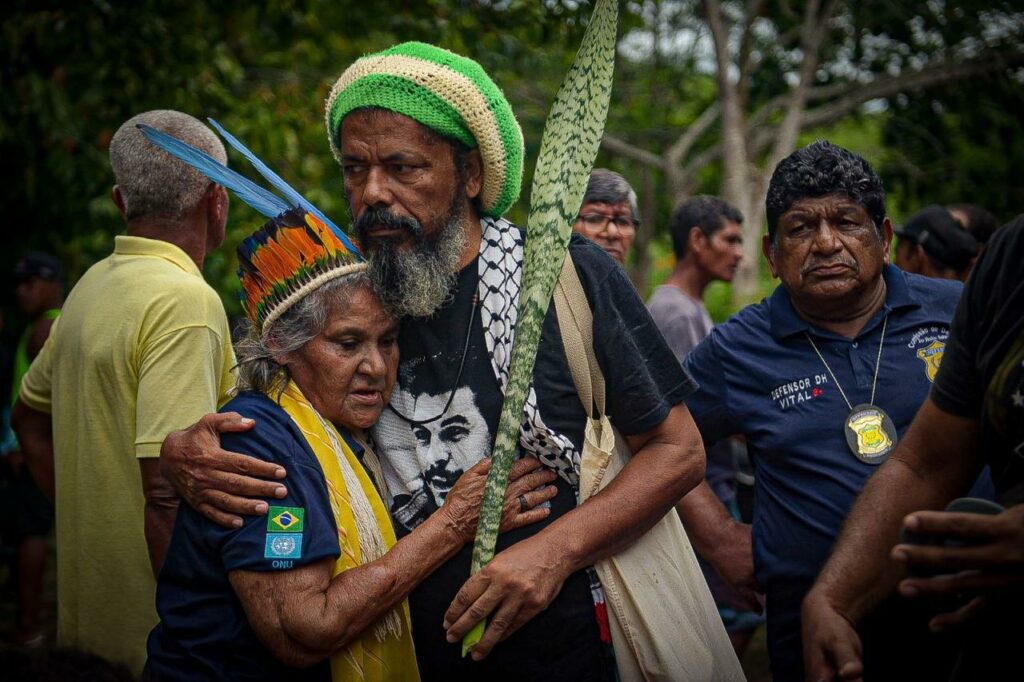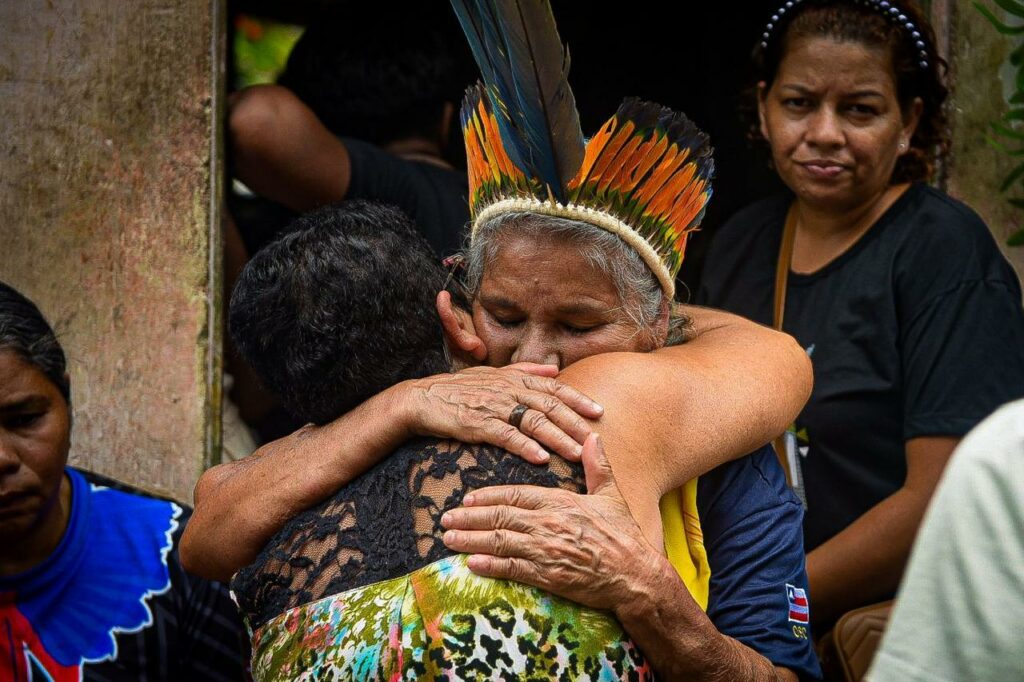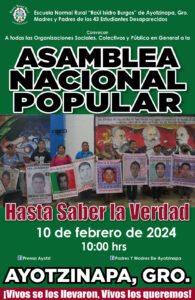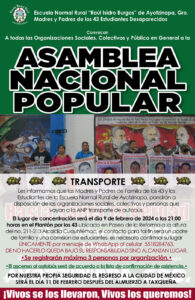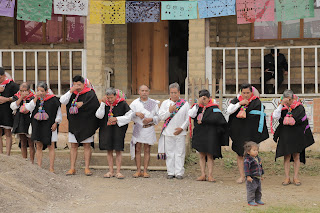
Free, Alternative, Autonomous Media
(Español) Periodistas presentarán demandas legales contra Israel por asesinato de colegas
Fuente: Avispa Midia
Por Ñaní Pinto
La Federación Internacional de Periodistas (FIP) ha emitido una advertencia a Israel, anunciando su intención de iniciar acciones legales contra políticos y líderes militares israelíes si periodistas son atacados en medio de los enfrentamientos en la Franja de Gaza.
En un comunicado, la FIP expresó su creciente consternación por el aumento de fallecimientos entre periodistas desde el 7 de octubre, representando actualmente alrededor del 10% de los periodistas en el enclave.
Reporteros sin Fronteras ha comunicado que, de los 63 periodistas asesinados en todo el mundo en 2023, 56 fueron ejecutados en Palestina.
En una carta dirigida a Benjamín Netanyahu, ministro de Israel, la presidenta de la FIP, Dominique Pradalié, y el secretario general de la organización, Anthony Bellanger, recordaron que el derecho internacional exige la protección de civiles, incluyendo a periodistas. Solicitaron a Israel comprometerse y publicar políticas y procedimientos específicos para garantizar el cumplimiento de este requisito por parte del ejército israelí.
La FIP advirtió que, en caso de que Israel no cumpla con estas demandas, no dudará en llevar a cabo acciones legales ante tribunales internacionales contra políticos y comandantes de las Fuerzas de Defensa de Israel (FDI). La federación instó a sus 187 afiliados a hacer lo mismo en jurisdicciones nacionales donde sea posible.
“La tasa de mortalidad entre los periodistas ha sido tal (aproximadamente tres veces mayor que la de los trabajadores de la salud, por ejemplo), que es imposible creer que sea una cuestión de azar”, destacó esta organización, enfatizando que Israel cuenta con tecnología altamente sofisticada que usa inteligencia artificial, como “El Evangelio”, o también conocida como “Habsora” o “The Gospel”, una herramienta que elige sus objetivos militares para atacar.
De acuerdo con el periodista israelí Yuval Abraham, las fuerzas armadas de este país vienen usando este tipo de tecnología desde 2019 y, además, le reveló en una entrevista el ex jefe del Estado Mayor de las FDI, Aviv Kohavi, que antes “producíamos 50 objetivos en Gaza al año. Ahora esta máquina produce 100 objetivos en un solo día, de los cuales el 50% son atacados”.
“Si estos informes son exactos, ¿presumiblemente se están tomando decisiones individuo por individuo con respecto a los trabajadores de los medios de comunicación, sus familias y sus hogares?”, cuestionó la FIP.
La FIP no solo ha emitido una advertencia, sino que ha confirmado su compromiso de llevar a Israel ante los tribunales internacionales si persisten los ataques a periodistas en Gaza. En la carta, la presidenta y el secretario general de esta organización subrayando que los periodistas de Gaza son respaldados por los 600 mil miembros de la FIP, en más de 140 países.
(Español) Detienen a manifestantes contra la gentrificación en Oaxaca
Fuente: Avispa Midia
Durante la marcha calenda en contra de la gentrificación en Oaxaca realizada el día de hoy en el centro histórico de la ciudad, elementos de la policía estatal detuvieron con lujo de violencia al menos a seis manifestantes “por protestar contra la gentrificación, que son otras formas de saqueo y despojo que sufre Oaxaca”. Así lo denuncian en un comunicado colectivos convocantes y participantes a la manifestación.
“Al rededor de las 6:15 pm fueron detenidxs lxs compañerxs Filadelfo Deciderio, miembro de la Comedora Comunitaria, la compañera Nizaye, del colectivo de DDHH COJUDIDI, Meztli Jimenez, de la colectiva La Campamenta, el compañero Ricardo y 2 compañerxs más”, se lee en el comunicado.
También denunciaron que fueron detenidos con uso excesivo de la fuerza, “atentando contra su integridad y sus derechos humanos” y manifestaron preocupación por la posibilidad de que en el camino hayan sufrido torturas por parte de la policía estatal de Oaxaca. Exigen su pronta presentación y liberación.
En entrevista para Avispa Mídia, dos personas que participaron en la manifestación, cuyos nombres se reservan por miedo a represalias, relataron: “acabamos de ver cómo el gobierno estatal, a través de la policía estatal de Oaxaca, detuvo al menos a seis integrantes de distintas colectividades que participaron en la marcha en contra de la gentrificación”.
Mencionan que la Fiscalía del Gobierno del Estado no permite ni a los familiares ni a los abogados ni a la Defensoría de Derechos Humanos pasar a ver a las y los detenidos, cuando es su derecho. Tampoco les han permitido realizar ninguna llamada.
También sostienen que hay una represión sistemática en contra de los defensores de Derechos Humanos, de los defensores del territorio y de la cultura en Oaxaca por parte del gobierno de Salomón Jara.
